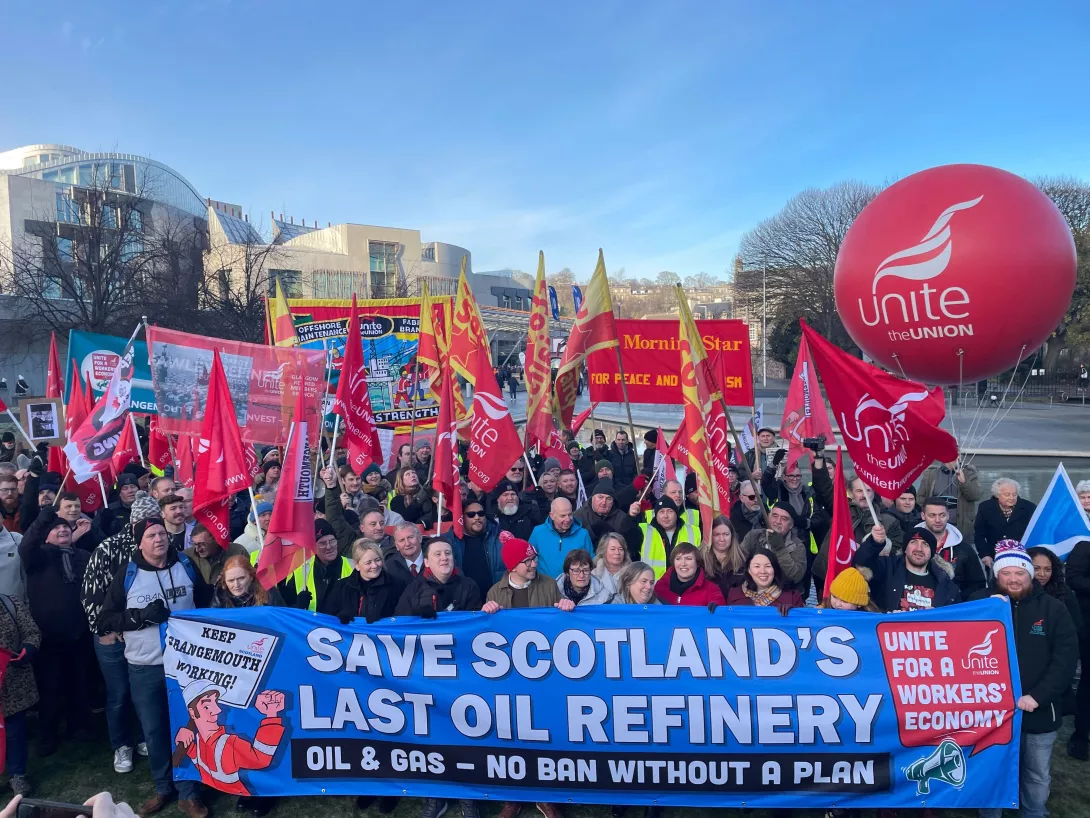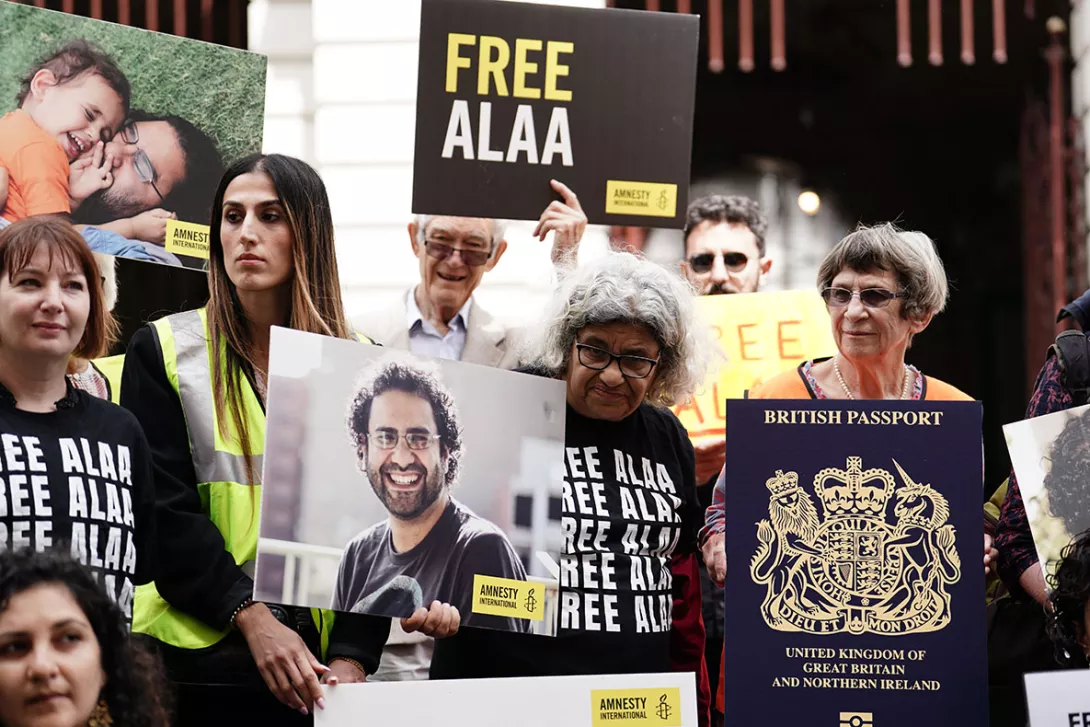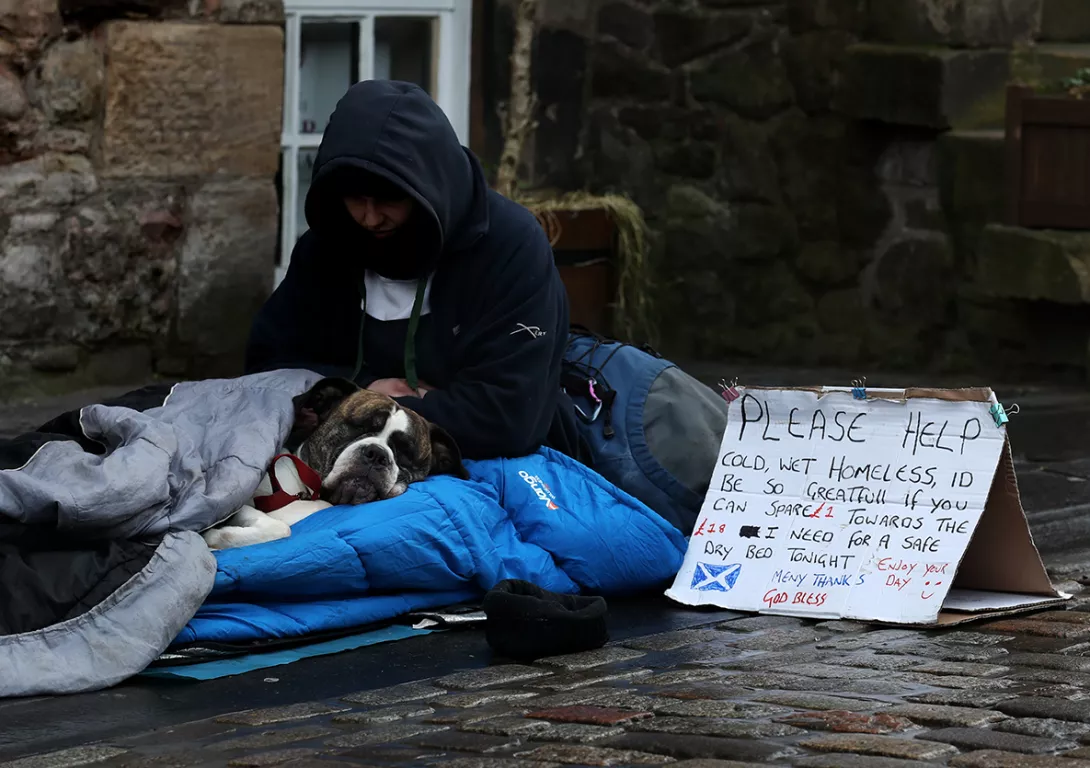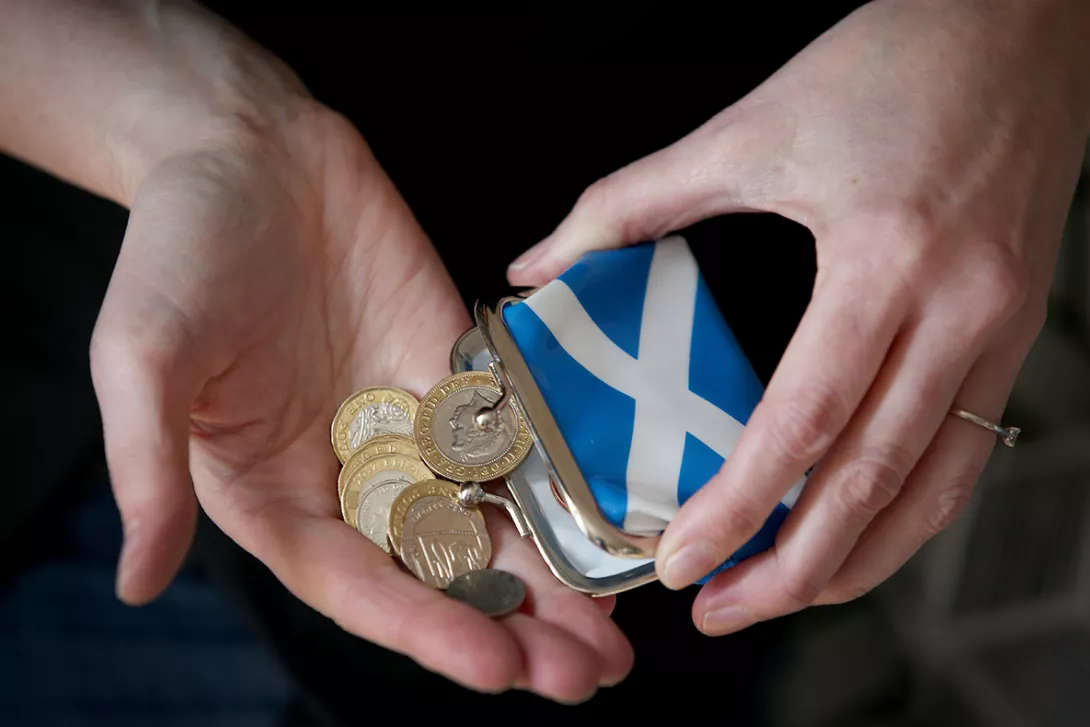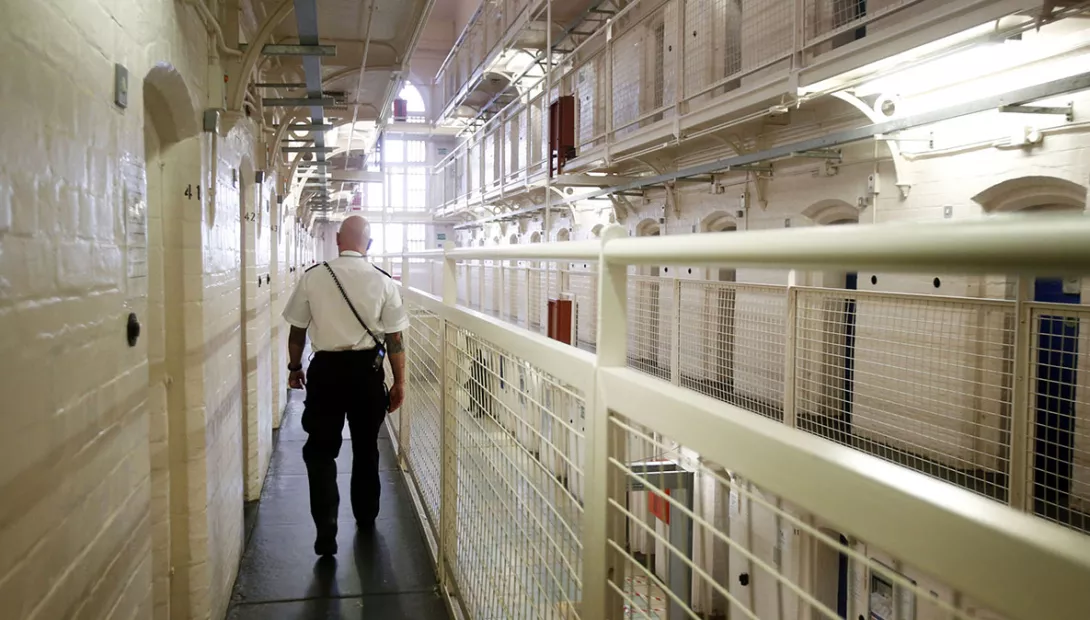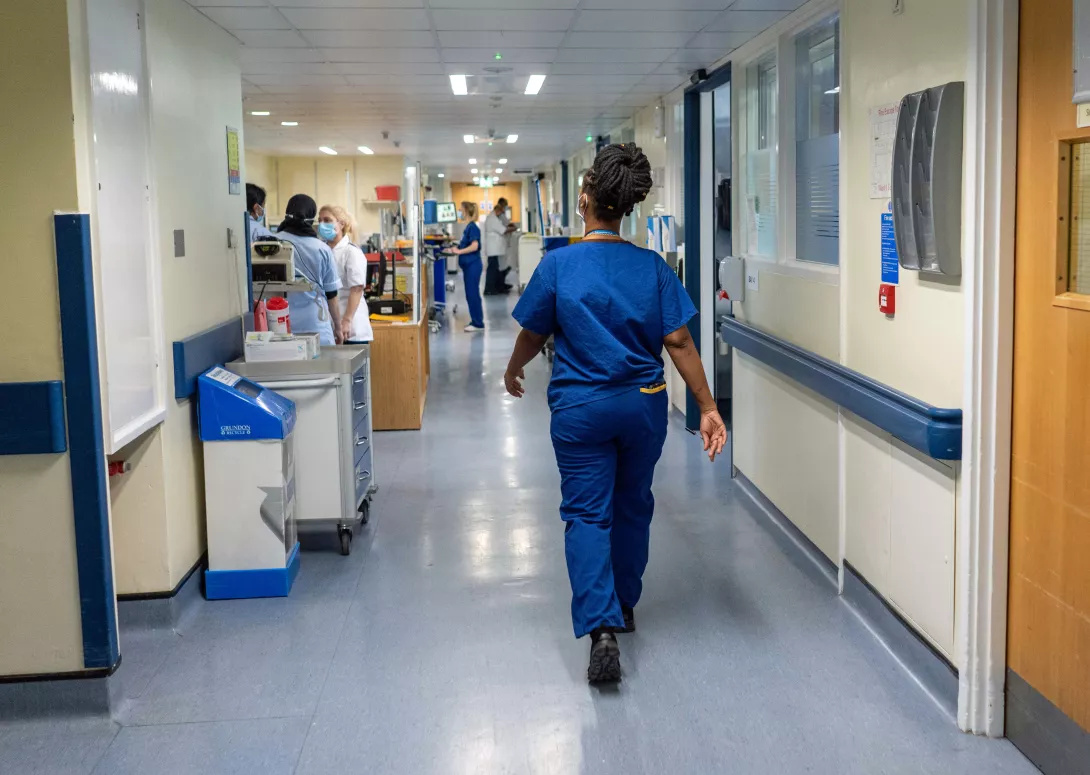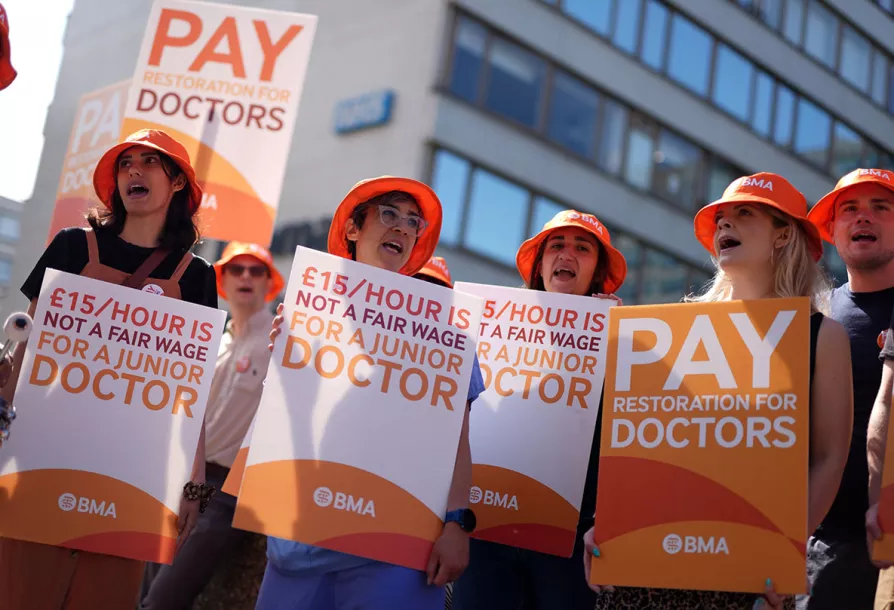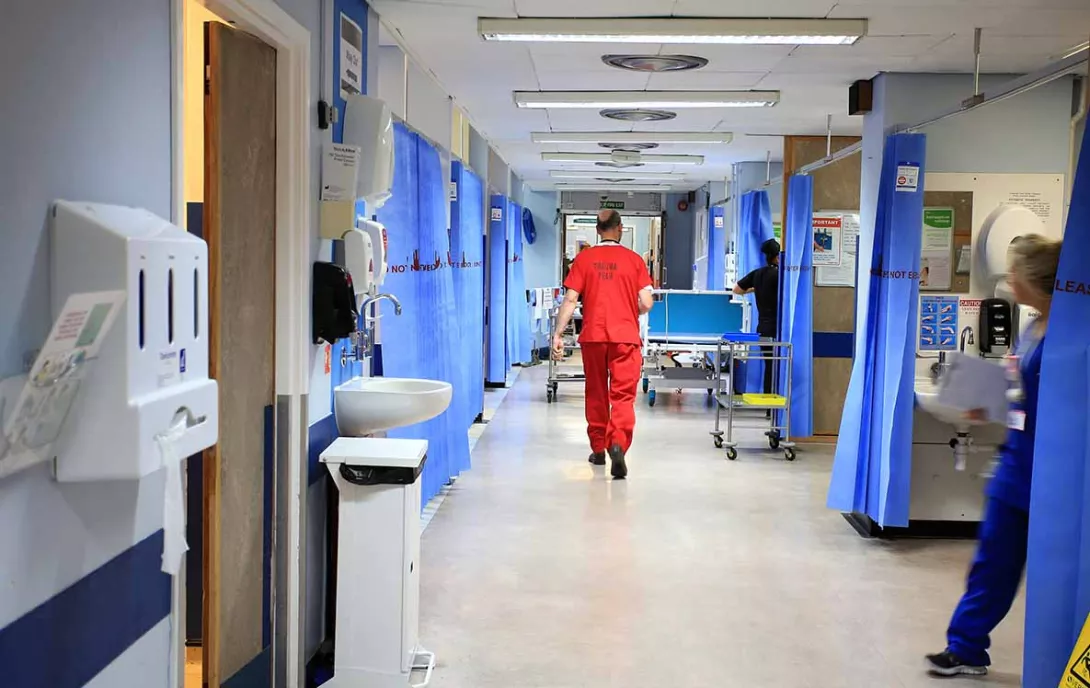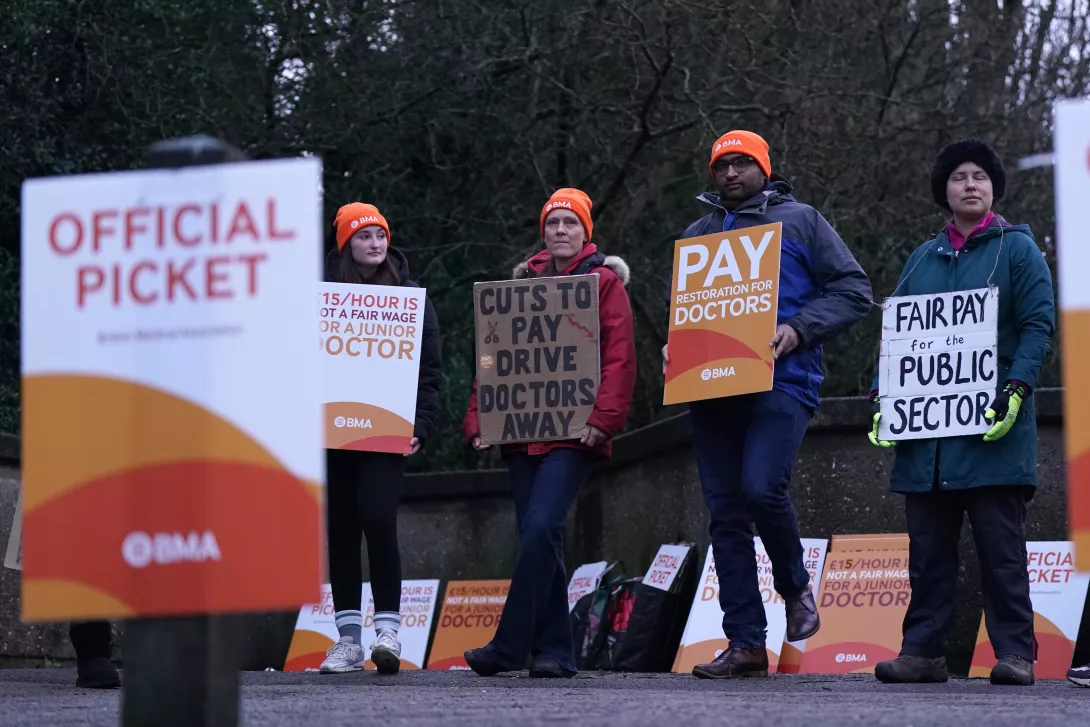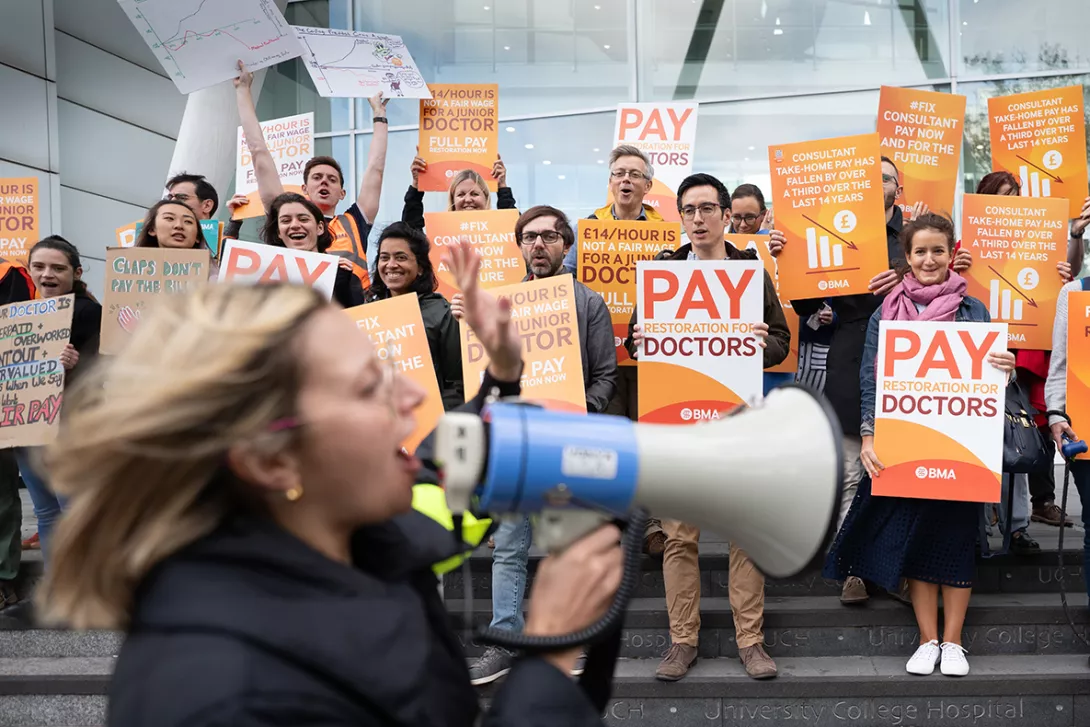
THE government must step in, the NHS Confederation has said after strikes costing the service at least £1.4 billion have left trust leaders facing “impossible” choices over allocating resources this winter.
The body representing trust leaders in England and Wales said it needs extra funding to cover the rising costs of industrial action and other pressures.
Leaders warned that without extra funding they will be forced to restrict the number of extra beds this winter to deal with expected higher demand for care and slow progress on cutting down record 7.75 million-strong waiting lists in England.
NHS Confederation chief executive Matthew Taylor said: “Every day that passes without clarity on this issue results in more uncertainty and tough decisions having to be made.
“The irony is that while NHS leaders share the heath secretary’s ambitions to increase productivity in the health service, the strikes are acting as a handbrake on these ambitions as NHS staff are having to spend too much time cancelling and rearranging operations and outpatient appointments.
“This is not a trade-off between the economy and the NHS — a growing body of research, including by the NHS Confederation itself, has shown gaps in health and care have their own economic impact in terms of people being unable to seek or sustain employment.”
British Medical Association council chair Professor Phil Banfield said: “Striking doctors are not to blame for the current financial crisis the NHS finds itself in — this has been many years in the making.
“The costs of strikes could have been avoided from the offset if the government had agreed a deal that addressed the real-term pay cuts doctors have experienced.”
The Department of Health and Social Care said the government is backing the NHS with record funding, having committed an additional £200 million to boost its resilience and adding 5,000 permanent staffed hospital beds as planned.


